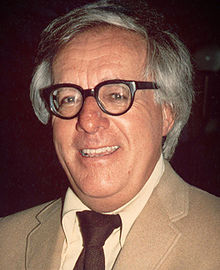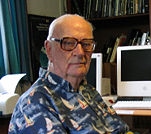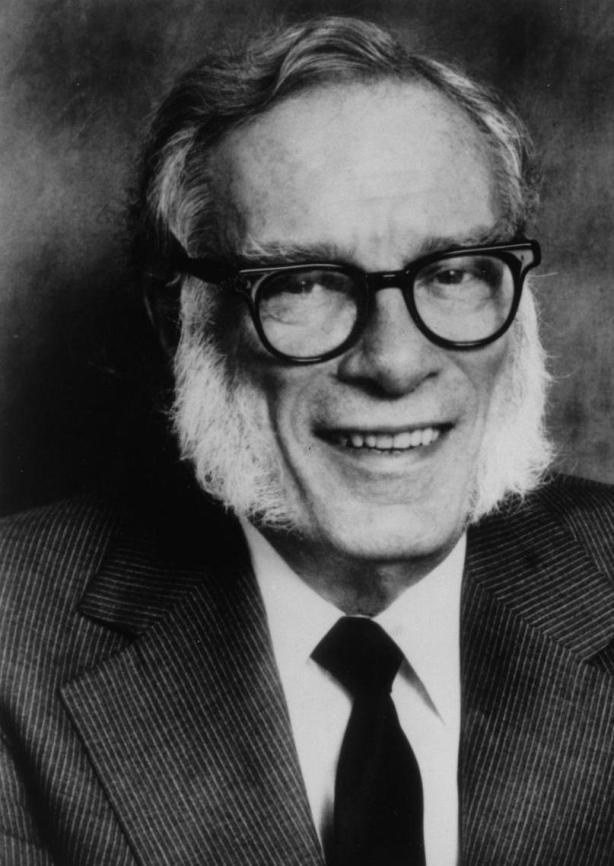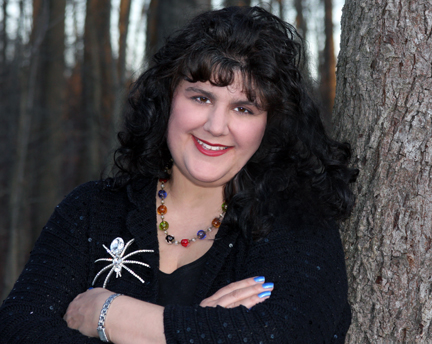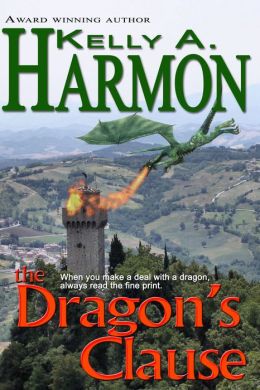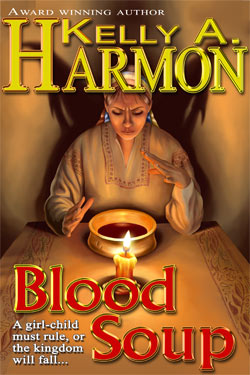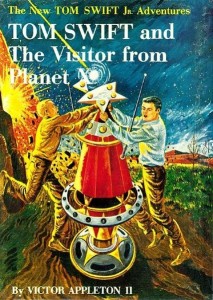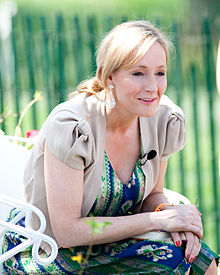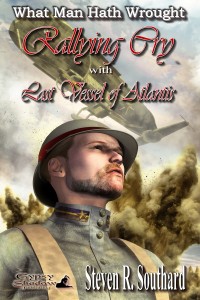 Ever since I’ve been dropping hint after hint about my upcoming book (Rallying Cry and Last Vessel of Atlantis), questions have been pouring in. Flooding in. Give me a break, I’m drowning here! More questions came in than I could answer individually.
Ever since I’ve been dropping hint after hint about my upcoming book (Rallying Cry and Last Vessel of Atlantis), questions have been pouring in. Flooding in. Give me a break, I’m drowning here! More questions came in than I could answer individually.
So I paid for some time on a supercomputer that compiled all the questions, sorted them, combined similar ones, performed complex statistical analyses, and spit out a list of the most frequently asked questions.
Below are those FAQs, complete with answers.
1. What is the book about? In “Rallying Cry,” an aimless youth meets two old geezers who spin bizarre war stories. They tell of a secret World War I regiment in France with ship-sized helicopters and mechanized walking tanks. Just as an inspiring shout can move soldiers to action, perhaps all Kane really needs to turn his life around is a rallying cry. In “Last Vessel of Atlantis,” a ship captain and his crew of explorers return to find Atlantis gone. While facing violent savages, braving fierce storms, and solving internal disputes, they must somehow ensure their advanced Atlantean civilization is not lost forever.
2. Why two stories in one book? I was in a generous mood.
3. Why are these two particular stories combined? They seem so different. Actually, they’re both perfect fits for the What Man Hath Wrought series, which contains stories of alternate history involving people grappling with new technology. The tales are quite different, though, but that means any reader would be bound to like one of them, at least. That makes the book a pretty good purchase, I’d say.
4. What inspired you to write these stories? I’ve written about that before…here and here.
5. That’s a great cover. Who designed it? It is a wonderful cover. Charlotte Holley of Gypsy Shadow Publishing designed it. The bearded soldier gazes at something while a huge steampunk airship glides overhead and a big explosion goes off in the background.
6. Where can I buy the book? Right now you can get it at Smashwords and Amazon. Soon it will be available elsewhere, too.
7. You wrote an Atlantis story before, didn’t you? What a memory you have! My Atlantis-based story, “The Vessel” was published several years ago in an Atlantis anthology. “Last Vessel of Atlantis” is that same story, with a title change and a few other alterations. Definitely worth enjoying again.
8. When will you have a print version rather than an e-book? When the What Man Hath Wrought series is complete, I’m thinking about having a print version of the series. It won’t be for a little while yet, since I have more stories I’d like to add to WMHW.
9. What’s the next story in your What Hath Man Wrought series? But that would spoil the surprise!
Thanks for submitting your questions. I’d invite more, but the deluge nearly crashed the supercomputer last time and almost tripped a wide sector of our national electrical power grid. Let’s avoid tempting that fate, shall we? I suggest you read the book, post a review, and before long there will be another book by—
Poseidon’s Scribe


